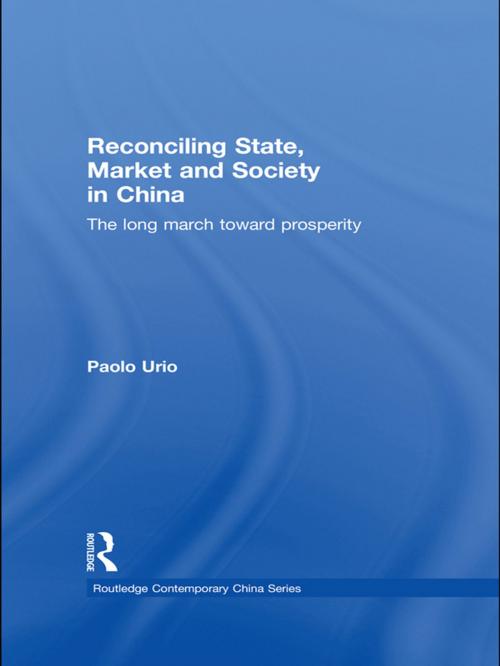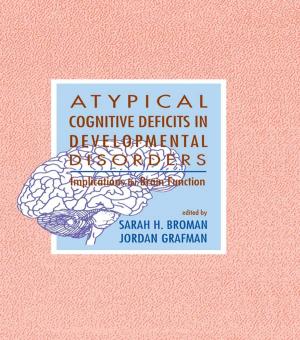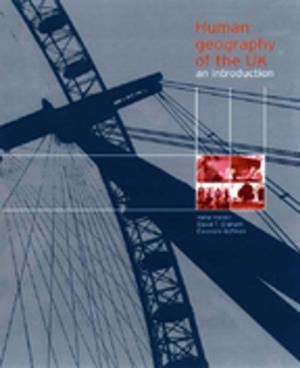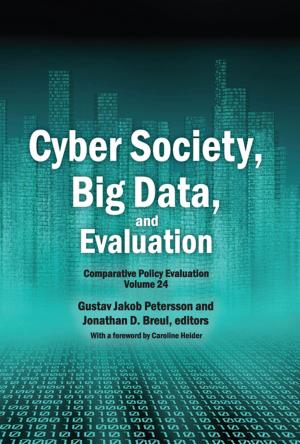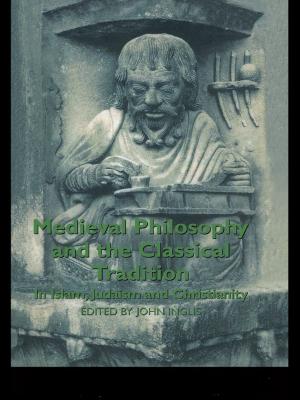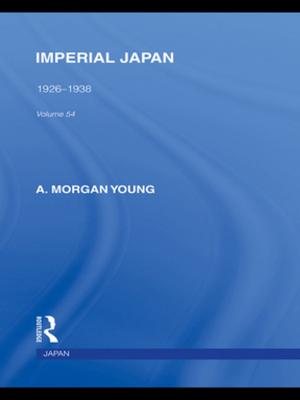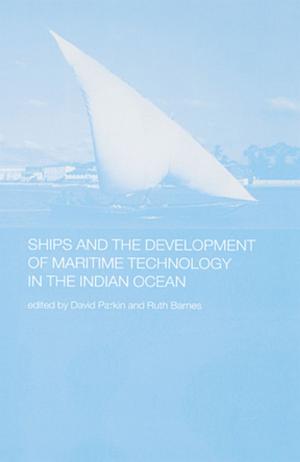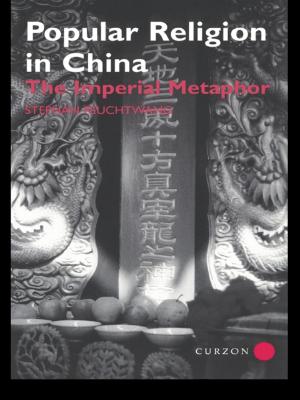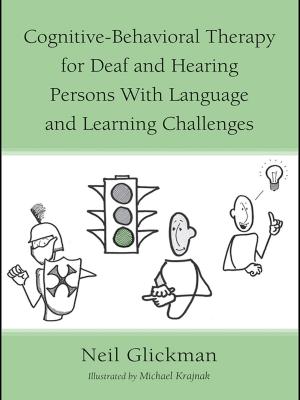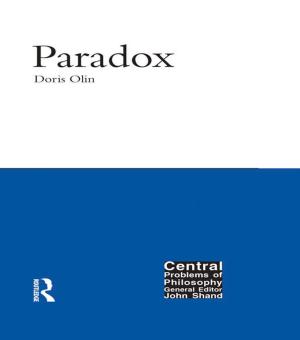Reconciling State, Market and Society in China
The Long March Toward Prosperity
Nonfiction, Social & Cultural Studies, Political Science, Politics, Leadership, Practical Politics| Author: | Paolo Urio | ISBN: | 9781135171582 |
| Publisher: | Taylor and Francis | Publication: | December 16, 2009 |
| Imprint: | Routledge | Language: | English |
| Author: | Paolo Urio |
| ISBN: | 9781135171582 |
| Publisher: | Taylor and Francis |
| Publication: | December 16, 2009 |
| Imprint: | Routledge |
| Language: | English |
Analysing post-Mao China is not an easy task, but it is essential in order to understand the rationale and scope of the reform process started by the Chinese leadership under the guidance of Deng Xiaoping at the end of the 1970s. Thirty years after the beginning of the reform process China has become a major actor in the global economic and political system and the 21st century is generally held to the one in which China will become the major world power.
In this book Paolo Urio presents a balanced picture of the reform process, analysing the economic, social, environmental, legal, political and cultural aspects of the process and showing the interconnections between them. As well as analysing the achievements realised thus far by the reform process, this book looks ahead at the difficulties the Chinese leadership will have to face in the years to come. As such, it will be essential reading for students and scholars of Chinese politics, public management and economics alike.
Analysing post-Mao China is not an easy task, but it is essential in order to understand the rationale and scope of the reform process started by the Chinese leadership under the guidance of Deng Xiaoping at the end of the 1970s. Thirty years after the beginning of the reform process China has become a major actor in the global economic and political system and the 21st century is generally held to the one in which China will become the major world power.
In this book Paolo Urio presents a balanced picture of the reform process, analysing the economic, social, environmental, legal, political and cultural aspects of the process and showing the interconnections between them. As well as analysing the achievements realised thus far by the reform process, this book looks ahead at the difficulties the Chinese leadership will have to face in the years to come. As such, it will be essential reading for students and scholars of Chinese politics, public management and economics alike.
